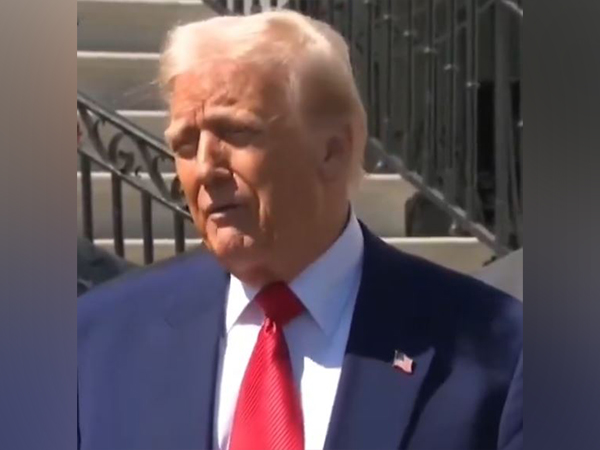Pakistan ranked among lowest 12 pc globally for internet speeds in October: Report
Dec 09, 2024

Islamabad [Pakistan], December 9 : Pakistan's internet infrastructure continues to face significant challenges, as it was ranked among the lowest 12 per cent globally for both mobile and broadband internet speeds in October.
Data from Ookla's Speedtest Global Index revealed that the country was positioned at 100th out of 111 countries in mobile internet speeds and 141st out of 158 countries in broadband speeds. This ranking highlights ongoing issues with slow internet speeds and connectivity problems experienced by users across Pakistan.
Many Pakistanis have faced sluggish internet speeds, difficulty downloading media on platforms like WhatsApp, and intermittent connectivity disruptions. These issues have persisted for several months, contributing to growing frustration among users, as reported by Dawn.
In addition to these slow speeds, the country has faced frequent internet disruptions, which have been linked to restrictions on Virtual Private Networks (VPNs) used by many Pakistanis to access blocked websites such as X (formerly Twitter).
According to data from the World Population Review, which utilises Ookla's Speedtest Global Index and Cable, Pakistan's average download speed stands at 7.85 MBPS. The median mobile download speed is 19.59 MBPS, while the median broadband download speed is 15.52 MBPS. These figures place Pakistan among the lowest in terms of internet speed globally.
Earlier reports from May 2023 highlighted Pakistan's internet speed crisis, noting that the country ranked among the lowest in the world for internet speeds. As reported by Dawn, Amnesty International has raised alarms over the lack of transparency surrounding the country's internet slowdowns and the use of surveillance technologies. The rights group expressed concern over the opacity surrounding the blocking of content, slowing down of internet speeds, and surveillance measures employed by the government.
Pakistani authorities, however, have consistently denied these allegations, asserting that cybersecurity measures are essential given the country's vulnerability to cyber threats.
The Pakistani government has frequently resorted to slowing down internet speeds, imposing restrictions, and banning specific websites or apps, often in the name of national security, maintaining public order, or curbing the spread of harmful content. These actions are typically taken during times of political unrest, protests, or when sensitive events unfold.
For instance, social media platforms like Facebook, Twitter, and YouTube have faced temporary bans or restrictions when the government believes they are being used to incite violence, spread misinformation, or challenge authority.



















